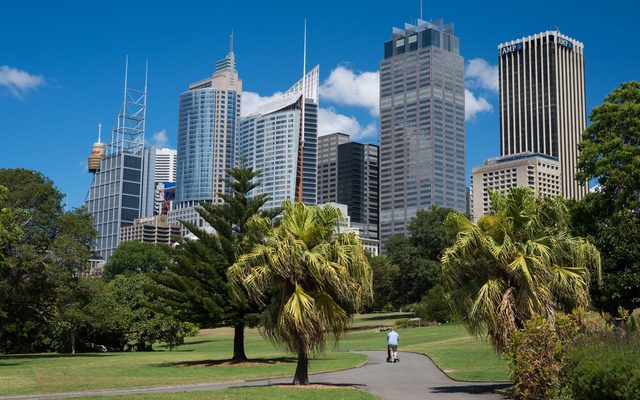This article is from the Australian Property Journal archive
OFFICE-focused REITS and landlords in the Asia Pacific will dodge the worst of the stress faced by other regions in the coming years.
According to a new report by S&P Global Ratings, while stress will rise for these APAC REITs and landlords, leading to weakened cash flows and asset valuations in the sector, the region will benefit from buffers not held by global peers.
APAC office REITs and landlords will still have to manage many of the same challenges as the rest of the world, including tenants downsizing, elevated vacancy rates and higher interest rates.
“We believe this region’s office-focused REITs are in better shape than global. Based on our stress tests, most rated REITs have some financial buffer against scenarios of sharper declines in rents and asset value,” said Simon Wong, credit analyst at S&P Global Ratings.
Just three out of 15 office-focused REITs or landlords across Australia, Hong Kong, mainland China, Japan, and Singapore had negative rating outlooks.
While in US, this figure jumps up to six out of 11 office REITs with negative outlooks or CreditWatch placements.
Rated REITs and landlords will continue to benefit from the “flight to quality” trend, due to the higher likelihood of owning prime-grade assets.
The cyclical risks facing the office market still include a lowered demand for office space, combined with heightened inflation and borrowing costs and worsening business sentiment across the region.
This could be worsened by higher-than-average new office supply across multiple gateway cities in the region.
“The mismatch between demand and supply will keep vacancies elevated and weigh on rents in a number of Asian gateway cities,” added Wong.
“In Australia, for example, new supply was planned pre-COVID due to record-low office vacancy rates. The pandemic paused construction, so 2023 will see higher completions.”
Structure risks in the region are again based in the ongoing preference for hybrid and work-from-home arrangements.
Though this preference is not as pronounced across many high-density cities in Asia, with commute times often short and residential spaces smaller.
Australia and Singapore rated issuers were found to be among the most resilient to sharply lower lease renewal rates.
While rated China-based REITs were found to be the most sensitive to falling renewals, due to already stretched leverage thanks to China’s prolonged COVID lockdowns. With the rated China-based REIT having the least headroom from asset-value stress in the region.
Recently Fitch Ratings warned that higher interest rates and overall office sector weakness will likely contribute to more evidence of lower values.
“Office valuations will be the key focus in Australian REITs’ results for the financial year ending June 2023 (FY23), as the sector grapples with uncertainties and structural changes amid the rise in flexible working, alongside a higher interest rate environment,” Fitch Ratings analysts Kelly Amato and Mikhail Lyamin said.
“Major Australian REITs’ office valuations have been supported by a flight to quality, long-dated weighted-average lease expiries (WALEs) and high-quality tenants. We expect these attributes to continue supporting high occupancy levels across their high-quality portfolios and help maintain revenue visibility. However, new supply coming online and overall sector weakness has led to increased incentives on new and renewed leases. This, and higher interest rates, may contribute to potentially significant valuation declines in FY23.
“Fitch anticipates material declines across office portfolios in the upcoming reporting season,” they said.
In Australian Property Journal’s latest Talking Property podcast, Benjamin Martin-Henry, head of real estate research, Pacific, MSCI, said although a significant gap remains between pricing and expectations, Australia hasn’t seen significant write-downs compared to other global markets.
And despite the lack of transactions, Australia remains the most liquid market globally.




